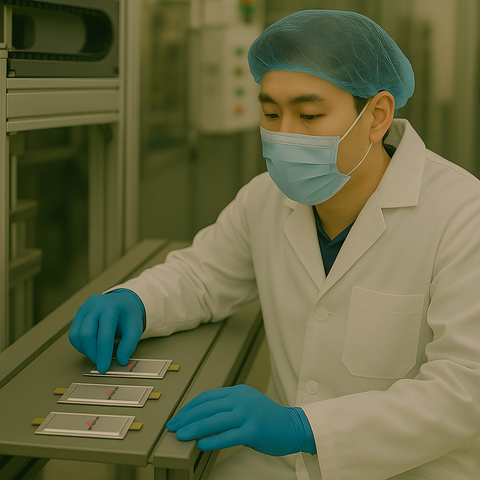SK On, the battery technology company, announced that it has successfully co-developed a polymer electrolyte for lithium metal batteries.
This is together with Professor Hadi Khani, a research assistant professor who worked in the Nobel Prize winner John B Goodenough’s group at the University of Texas. The electrolyte, called ‘Single Ion-Conducting Polymer Electrolyte’ (SIPE), can be operated at room temperature. The new electrolyte might be significant for development of solid-state batteries, the company said.
SK On sees polymer electrolytes as the next generation of low-cost, easy-to-manufacture materials for solid-state batteries. However, compared to oxide- and sulphide-based electrolytes, polymer electrolytes have lower ionic conductivity.
As a result, it said, they generally operate only at high temperatures of 70 – 80°C. According to SK On, SIPE has increased room temperature ionic conductivity approximately ten-fold (1.1 × 10-4S/cm) and the lithium-ion transference number from 0.2 to 0.92, nearly a five-fold increase compared to existing polymer electrolytes. These improvements enable operation at room temperature.
Higher ionic conductivity and lithium-ion transference number enhance battery output and charging performance. Experimental results showed that batteries applied with SIPE maintain 77% of their discharge capacity during high-rate charging and discharging compared to low-rate charging and discharging (0.1C). Solid electrolytes generally suffer from significant capacity loss during high rate charging due to low ionic conductivity, but SIPE minimizes this issue.
Another important feature, according to SK On, is that the stability of the solid electrolyte interphase (SEI) has been improved to suppress dendrite formation, prolonging the life of the lithium-ion cell.
“Based on the results of this research, we expect to accelerate the development of solid-state batteries applying polymer electrolytes,” said Kim Tae-kyung, Head of SK On’s Next Generation Battery R&D Office. “SK On will seize growth opportunities in the next-generation battery field by leveraging our competitive edge in new material technologies.”
SK On is developing two types of all-solid-state batteries, polymer-oxide composites and sulphide-based batteries. Pilot prototypes are due in 2025 and 2026, respectively, and commercial prototypes in 2028 and 2029.












